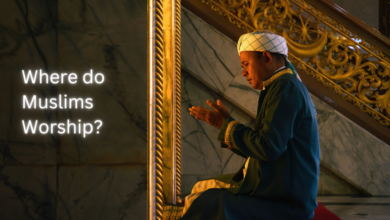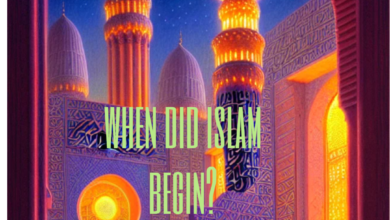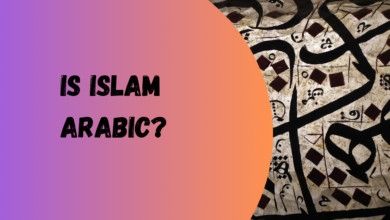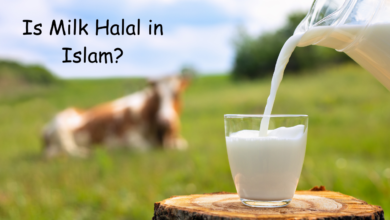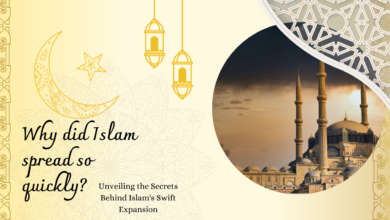What holidays do Muslims celebrate?
"Exploring Muslim Holidays: A Tapestry of Faith and Tradition"
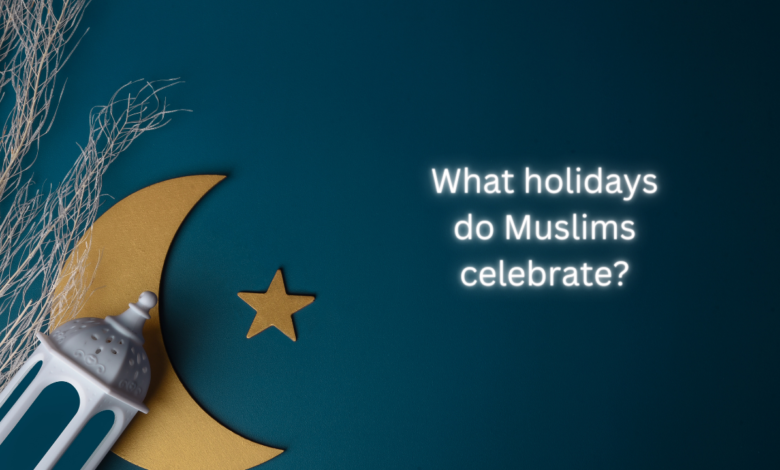
What holidays do Muslims celebrate?
Muslims celebrate two major holidays: Eid al-Fitr and Eid al-Adha. These are commonly known as “Eid” holidays.
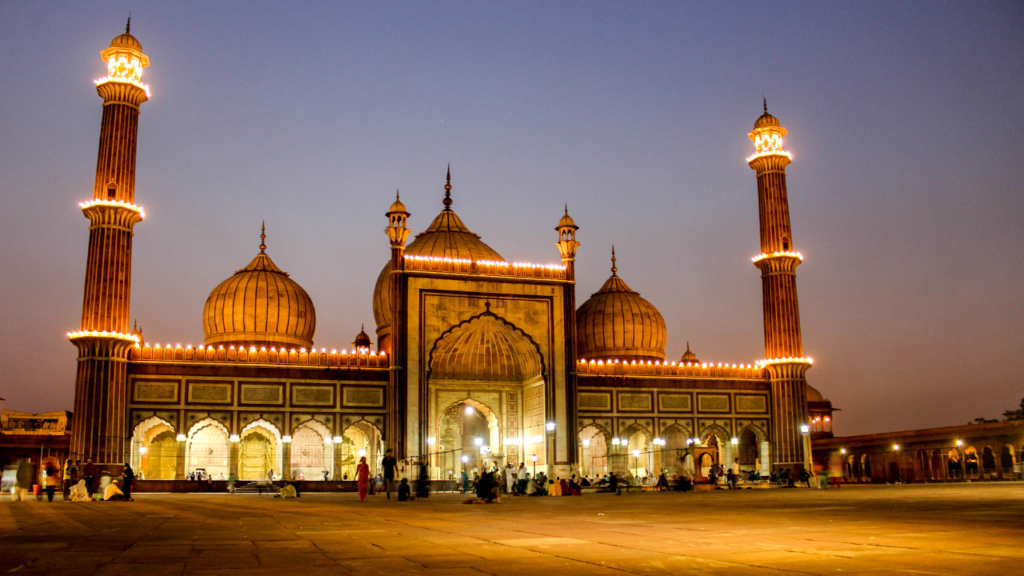
Introduction
Muslims around the world celebrate a diverse array of holidays that are deeply rooted in their faith and culture. These special occasions provide an opportunity for Muslims to come together with family and friends, reflect on their spiritual journey, and strengthen their sense of community. While the two most prominent holidays, Eid al-Fitr and Eid al-Adha, are celebrated by Muslims globally, there are several other significant holidays observed by different Muslim communities. In this article, we will explore some of the most important holidays in the Islamic calendar.
Eid al-Fitr
Eid al-Fitr, often referred to as “Festival of Breaking the Fast,” is one of the most widely celebrated Muslim holidays. It marks the end of Ramadan, the holy month of fasting and reflection. Muslims fast from dawn to sunset during Ramadan, abstaining from food, drink, and other physical needs as a way of purifying the soul and developing self-discipline. Eid al-Fitr is a joyous occasion, beginning with a special prayer at the mosque and followed by communal meals with family and friends. It is also customary to exchange gifts and give to charity to ensure that all members of the community can enjoy the festivities.
Eid al-Adha
Eid al-Adha, known as the “Festival of Sacrifice,” is the second most important holiday in Islam. It commemorates the willingness of Prophet Ibrahim (Abraham in Judeo-Christian traditions) to sacrifice his son Isma’il (Ishmael) as an act of obedience to God’s command. However, God intervened and provided a ram for Ibrahim to sacrifice instead. Muslims around the world mark this event by sacrificing an animal (usually a sheep, goat, or cow) and distributing the meat among family, friends, and those in need. The holiday serves as a reminder of the importance of faith and submission to God.
Mawlid al-Nabi
Mawlid al-Nabi, also known as the “Birthday of the Prophet,” is celebrated to honor the birth of the Islamic prophet Muhammad. While the exact date varies in different Islamic traditions, it is typically observed on the 12th day of the Islamic month of Rabi’ al-Awwal. Celebrations can include recitations of poetry, reading stories about the life and teachings of the Prophet Muhammad, and communal prayers. Some Muslims use this occasion to perform acts of charity and engage in community service.
Ramadan
While Ramadan is not a holiday in the traditional sense, it is one of the most significant periods in the Islamic calendar. During this month, Muslims fast from sunrise to sunset, engage in increased acts of worship, and strive for greater spiritual reflection. The final ten days of Ramadan are especially important, as they include “Laylat al-Qadr” or the “Night of Decree,” a night believed to be the time when the Quran was first revealed to the Prophet Muhammad. Muslims intensify their devotion during this time, seeking forgiveness and guidance from God.
Ashura
Ashura is a significant observance for both Sunni and Shia Muslims, though the reasons behind its significance may differ between the two sects. For Sunni Muslims, Ashura is observed as a day of fasting and reflection, commemorating various events in Islamic history, including the rescue of the Prophet Moses (Musa) from Pharaoh’s tyranny. For Shia Muslims, Ashura holds particular importance as it marks the martyrdom of Imam Hussein, the grandson of Prophet Muhammad, at the Battle of Karbala in 680 CE. It is a time for mourning, reflection, and remembrance of the sacrifices made for justice and righteousness.
Also check
- Can Non Muslims go to Mecca?
- Why Indonesia is Muslim?
- How do you repent in Islam?
- How to become a Islamic Scholar?
- How tall was Adam in Islam?
Conclusion
Muslims celebrate a diverse range of holidays that reflect the rich tapestry of their faith, history, and culture. These celebrations provide an opportunity for Muslims to strengthen their sense of community, deepen their faith, and share their blessings with others. While Eid al-Fitr and Eid al-Adha are the most widely known Muslim holidays, the observance of other significant occasions like Mawlid al-Nabi, Ramadan, and Ashura showcases the depth of Islamic traditions and the diversity within the global Muslim community. These celebrations not only serve as religious milestones but also promote unity, compassion, and the importance of giving back to society.
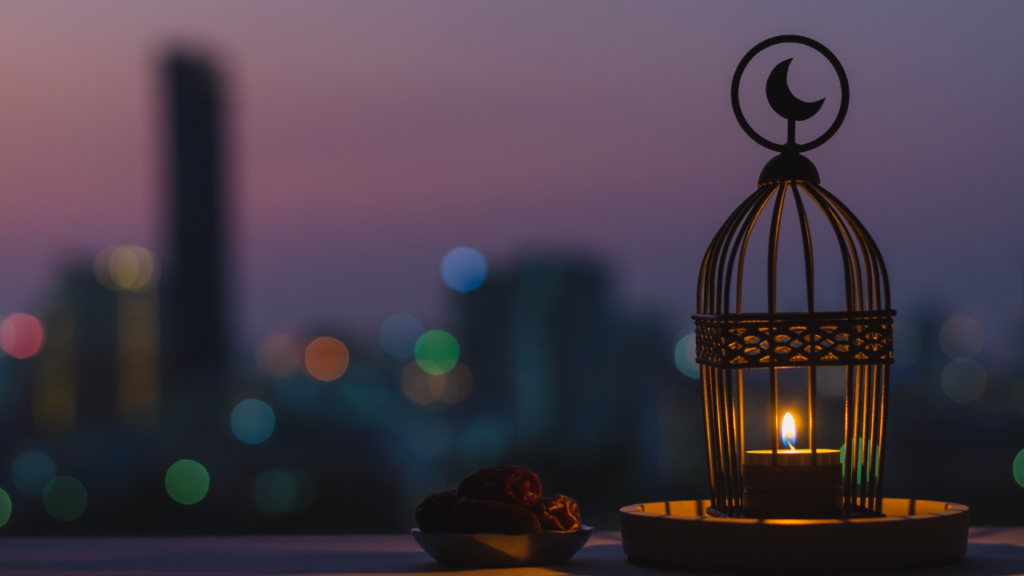
FAQs about Holidays Celebrated by Muslims
What are the main holidays celebrated by Muslims?
Muslims celebrate two major holidays: Eid al-Fitr and Eid al-Adha. These are commonly known as “Eid” holidays.
What is Eid al-Fitr, and why is it celebrated?
Eid al-Fitr, also known as the “Festival of Breaking the Fast,” is celebrated at the end of Ramadan, the holy month of fasting. It marks the conclusion of a month of dawn-to-dusk fasting, prayer, and reflection. It’s a time of joy, feasting, and communal prayers to give thanks for the strength and patience shown during Ramadan.
When does Eid al-Fitr occur?
Eid al-Fitr is celebrated on the first day of Shawwal, the month following Ramadan, according to the Islamic lunar calendar. The exact date varies each year and depends on the sighting of the moon.
What is Eid al-Adha, and why is it celebrated?
Eid al-Adha, also known as the “Festival of Sacrifice,” is observed to commemorate the willingness of Prophet Ibrahim (Abraham) to sacrifice his son Isma’il (Ishmael) in obedience to God’s command. However, God provided a ram to sacrifice instead. It’s a time to remember the importance of faith and obedience.
When does Eid al-Adha occur?
Eid al-Adha falls on the 10th day of Dhu al-Hijjah, the last month of the Islamic lunar calendar. This date corresponds with the annual Hajj pilgrimage to Mecca. Like Eid al-Fitr, the exact date varies each year.
Are there any other significant Islamic holidays?
Besides Eid al-Fitr and Eid al-Adha, Muslims also observe various other Islamic holidays and holy days, such as the Islamic New Year (Hijri New Year), the Prophet Muhammad’s birthday (Mawlid al-Nabi), and the Day of Arafah.
How do Muslims celebrate Eid holidays?
Muslims begin their Eid celebrations with a special prayer at the mosque or an open prayer ground. Afterward, they visit family and friends, exchange gifts, and enjoy festive meals. It is customary to wear new or special clothing and give to charity (Zakat al-Fitr) to ensure everyone can partake in the festivities.
Are there any specific traditional foods associated with Eid celebrations?
Traditional dishes vary by region, but many Muslims enjoy special sweet treats like baklava, maamoul, and sheer kurma during Eid al-Fitr. For Eid al-Adha, it’s customary to prepare dishes made from the sacrificial meat, such as biryani or kebabs.
Is Eid a public holiday in Muslim-majority countries?
Yes, in many Muslim-majority countries, Eid al-Fitr and Eid al-Adha are official public holidays. Schools, businesses, and government offices are often closed to allow people to participate in the festivities.
Can non-Muslims join in the celebrations of Eid?
Yes, non-Muslims are often welcome to join in the celebrations of Eid, as it is a time of unity and sharing. It’s a great opportunity to learn about Islamic culture, traditions, and cuisine while celebrating with Muslim friends and neighbors.
